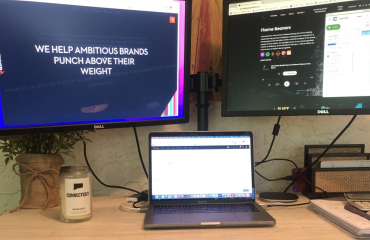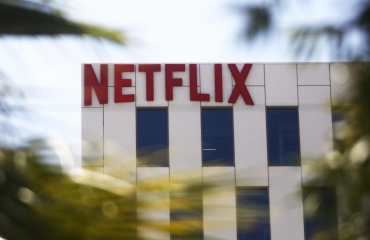US prosecutors recommend dropping China charges against MIT professor – Business Insurance
BI’s Article search uses Boolean search capabilities. If you are not familiar with these principles, here are some quick tips.
To search specifically for more than one word, put the search term in quotation marks. For example, “workers compensation”. This will limit your search to that combination of words.
To search for a combination of terms, use quotations and the & symbol. For example, “hurricane” & “loss”.
(Reuters) – Prosecutors have recommended that the U.S. Justice Department drop charges against a Massachusetts Institute of Technology professor accused of concealing his ties to China when seeking federal grant money, a person familiar with the matter said Friday.
Federal prosecutors in Boston decided to seek dismissal of the case against Chinese-born mechanical engineer and nanotechnologist Gang Chen. It was the latest setback for a crackdown on Chinese influence within U.S. research.
He was accused of failing to disclose, among other things, that he served as an “overseas expert” to the Chinese government and sat on the advisory board of Shenzhen’s Southern University of Science and Technology when applying for a U.S. Department of Energy grant.
“However, as it turns out, nothing significant was omitted on his application and several of the government’s allegations were simply wrong,” Brian Kelly, a lawyer for Mr. Chen at Nixon Peabody, said last week.
He and co-counsel Rob Fisher had no comment on Friday.
Boston prosecutors settled on recommending the case’s dismissal in recent weeks based on new information, the person said, adding the Justice Department has not made a final decision.
Wyn Hornbuckle, a Justice Department spokesperson, had no comment on Mr. Chen’s case but said the department was reviewing its overall approach to countering threats posed by China.
The Wall Street Journal first reported the recommendation.
Mr. Chen was charged last year as part of the department’s “China Initiative,” launched during former President Donald Trump’s administration to counter suspected Chinese economic espionage and research theft.
Targets included university researchers. A Harvard professor, Charles Lieber, last month was convicted of lying about his ties to a China-run recruitment program. He is expected to appeal.
Critics say the initiative chilled academic research and targeted Chinese researchers through racial profiling. And despite the Harvard win, several other cases have faltered.
A Tennessee professor was acquitted by a judge last year following a mistrial, and prosecutors dropped charges against six other researchers.
1. Chubb names technology executive vice president
2. Former Hartford exec to become Axis Insurance CEO
3. Insurer wins another COVID BI ruling in appeals court
4. Insurance sector dodges Great Resignation woes
5. COVID loss of $44B is 3rd largest catastrophe cost to insurers
6. Businesses fear never-ending ‘take-home’ COVID liability lawsuits
COPYRIGHT © 2022 BUSINESS INSURANCE HOLDINGS



